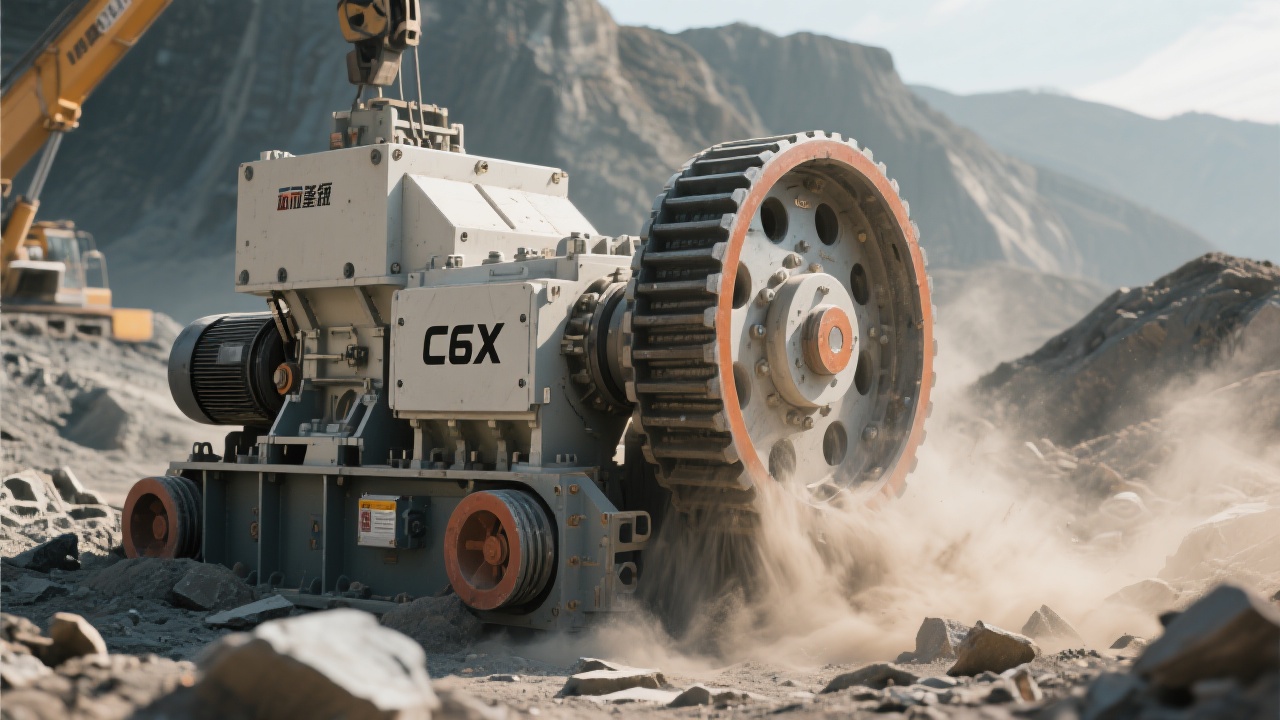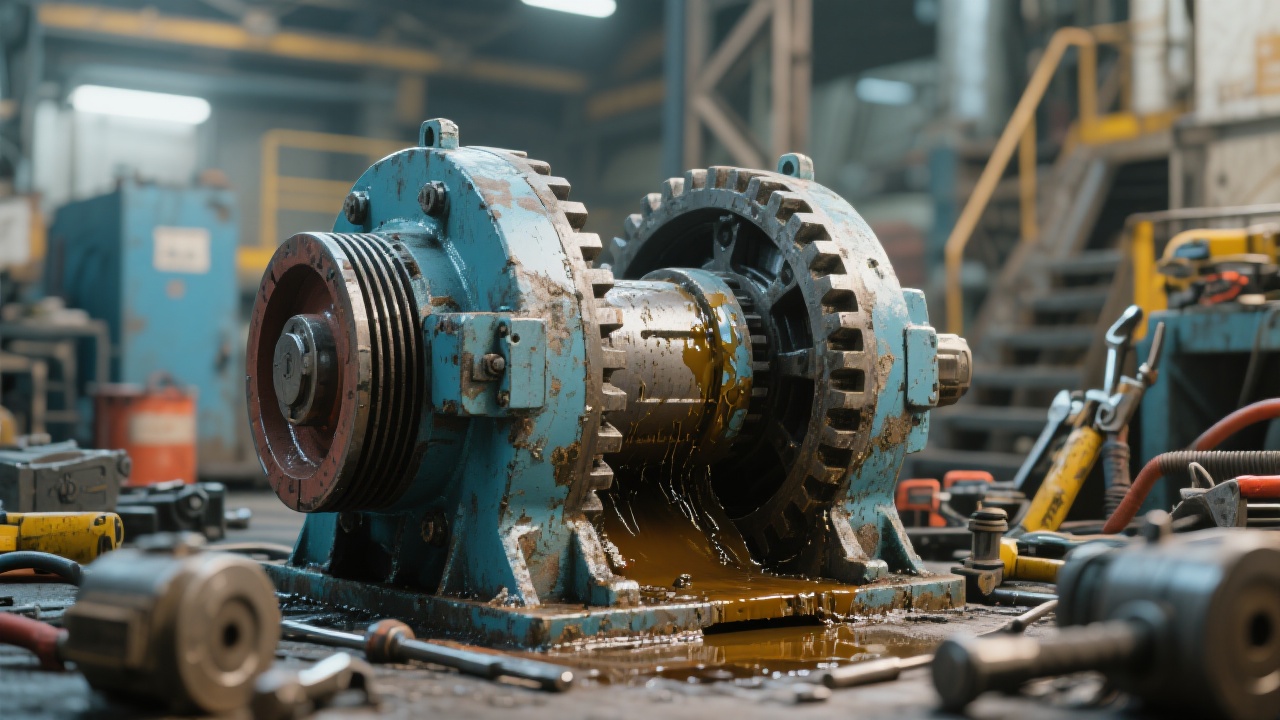
In the global non - metallic mineral processing industry, the demand for energy - efficient and high - performance crushing equipment has been on the rise. According to industry reports, the non - metallic mineral market is expected to grow at a CAGR of about 5% in the next five years. This growth is driving the need for advanced crushing technologies to meet the increasing production requirements while reducing energy consumption and costs.
Non - metallic minerals such as limestone, granite, and quartz sand have different physical properties, which require specific crushing processes. The crushing process generally consists of two main stages: primary crushing and secondary crushing.

In the primary crushing stage, large pieces of non - metallic minerals are broken into smaller sizes. The efficiency of this stage is crucial as it directly affects the subsequent processing steps. For example, in limestone crushing, the primary crusher needs to handle large - scale raw materials and reduce them to a size suitable for secondary crushing. Secondary crushing further refines the particles to the desired fineness for various applications, such as in the production of building materials or glass.
The PEW jaw crusher plays a vital role in both primary and secondary crushing of non - metallic minerals. Its "V" - shaped crushing chamber design is a significant technological innovation. This design allows for a larger feed opening and more efficient crushing process. Compared with traditional jaw crushers, the PEW jaw crusher can increase the crushing efficiency by up to 30%.

The PEW jaw crusher also features high - strength materials and advanced manufacturing processes, which ensure its long - term stable operation. In terms of energy consumption, it can save up to 20% of electricity compared to similar products in the market. This not only reduces the operating costs but also aligns with the global trend of environmental protection.
Different non - metallic minerals have unique characteristics, such as hardness, density, and abrasiveness. Matching these characteristics with the appropriate equipment parameters is essential for achieving optimal crushing results. For instance, granite is a hard and dense mineral, which requires a crusher with high - crushing force. The PEW jaw crusher can be adjusted according to the specific requirements of granite crushing to ensure high - quality output.
| Mineral Type | Hardness | Recommended PEW Crusher Model |
|---|---|---|
| Limestone | Medium | PEW - 600 |
| Granite | High | PEW - 900 |
| Quartz Sand | High | PEW - 800 |
In the actual production process, on - site commissioning of the crushing equipment is a critical step. Professional technicians need to adjust the equipment according to the actual production environment and raw material conditions. For example, they need to ensure the proper alignment of the crusher, the correct setting of the crushing gap, and the smooth operation of the conveyor system.

When facing production bottlenecks, such as low production efficiency or poor product quality, targeted solutions need to be developed. The PEW jaw crusher, with its adjustable parameters and high - flexibility design, can effectively solve many of these problems. By optimizing the crushing process and improving the equipment performance, the overall production efficiency can be significantly enhanced.
In conclusion, the PEW jaw crusher offers a comprehensive solution for non - metallic mineral crushing. Its energy - efficient design, high - performance operation, and adaptability to different mineral characteristics make it an ideal choice for overseas customers. If you are looking for a reliable and cost - effective non - metallic mineral crushing solution, click here to learn more about the PEW jaw crusher.



.jpg?x-oss-process=image/resize,h_800,m_lfit/format,webp)

.jpg?x-oss-process=image/resize,h_800,m_lfit/format,webp)



